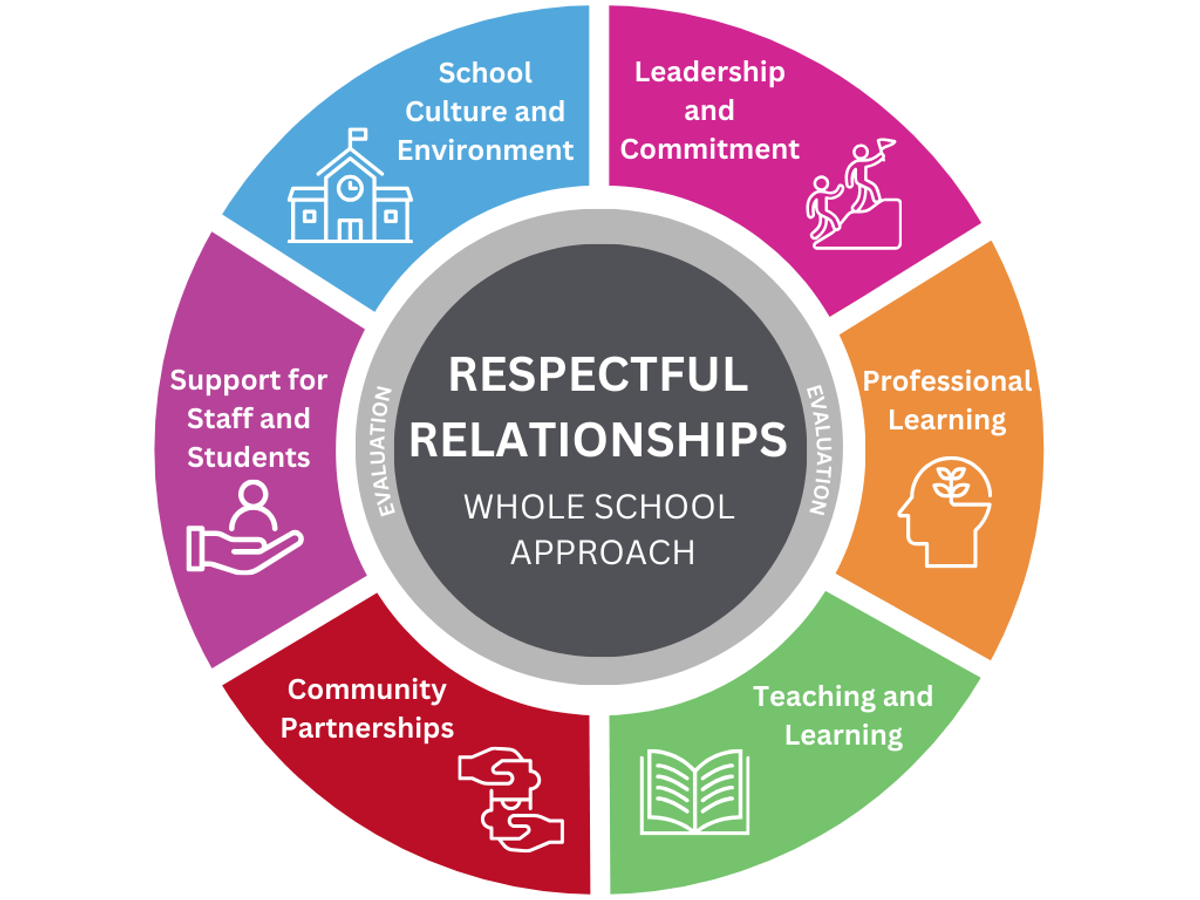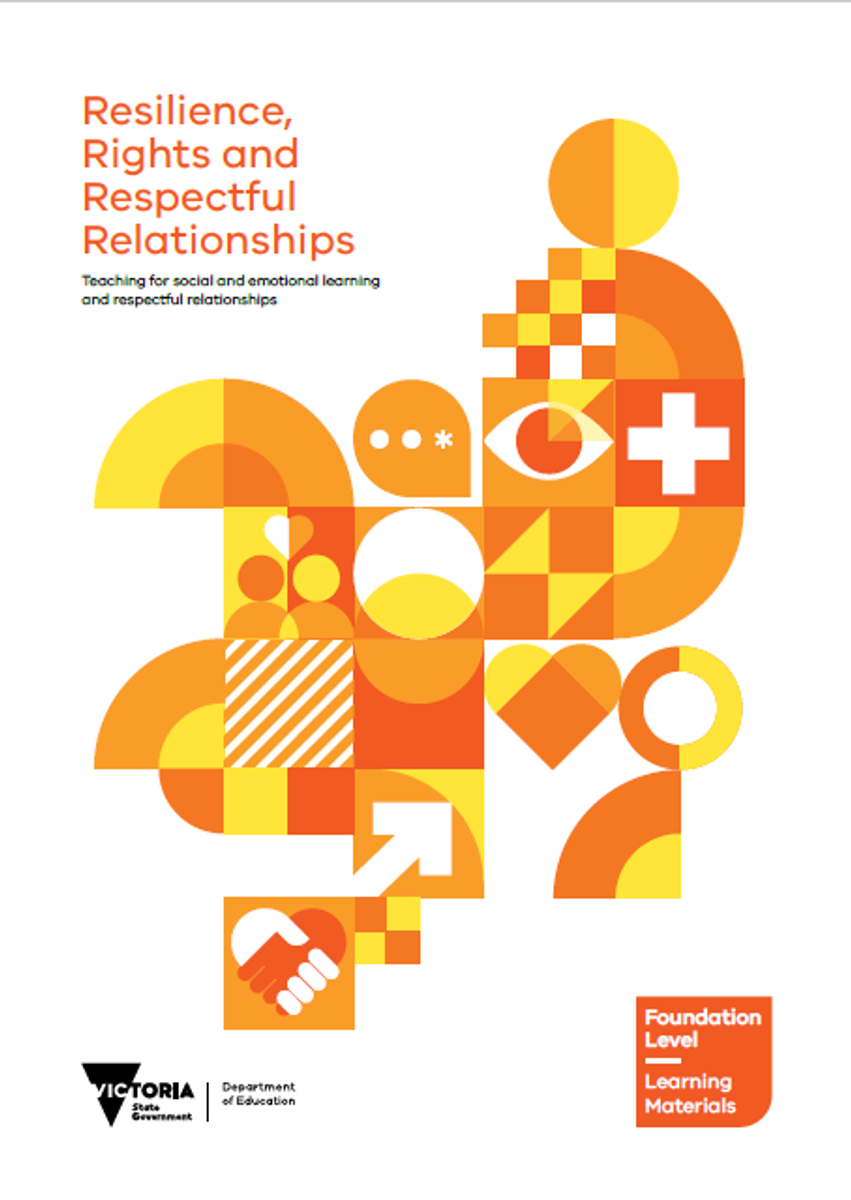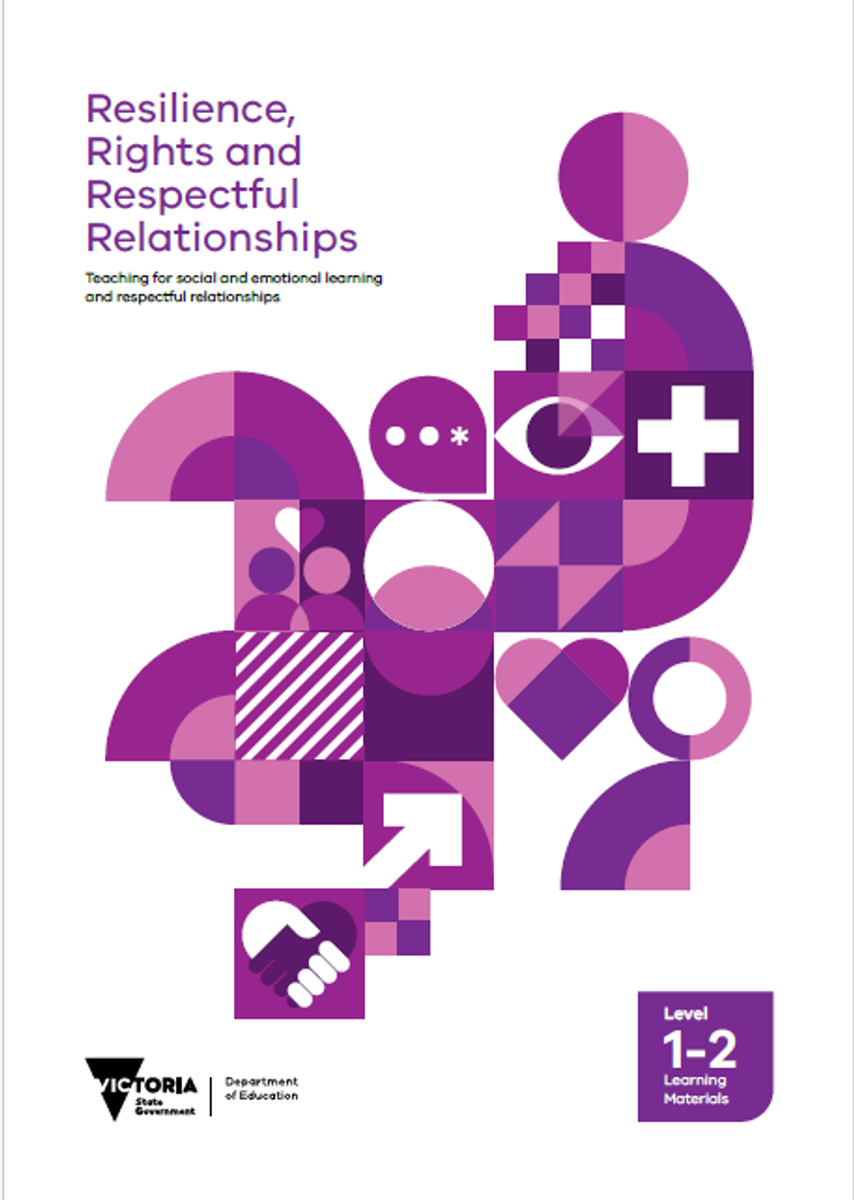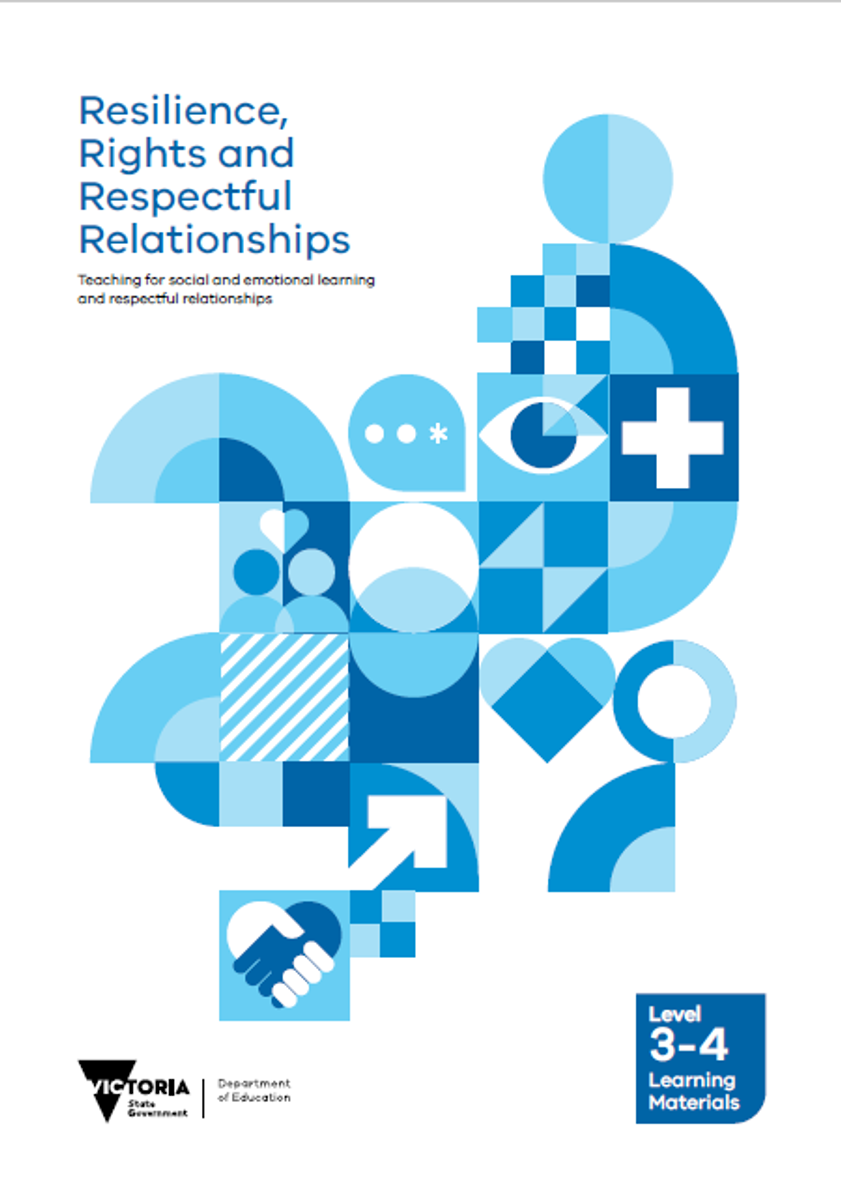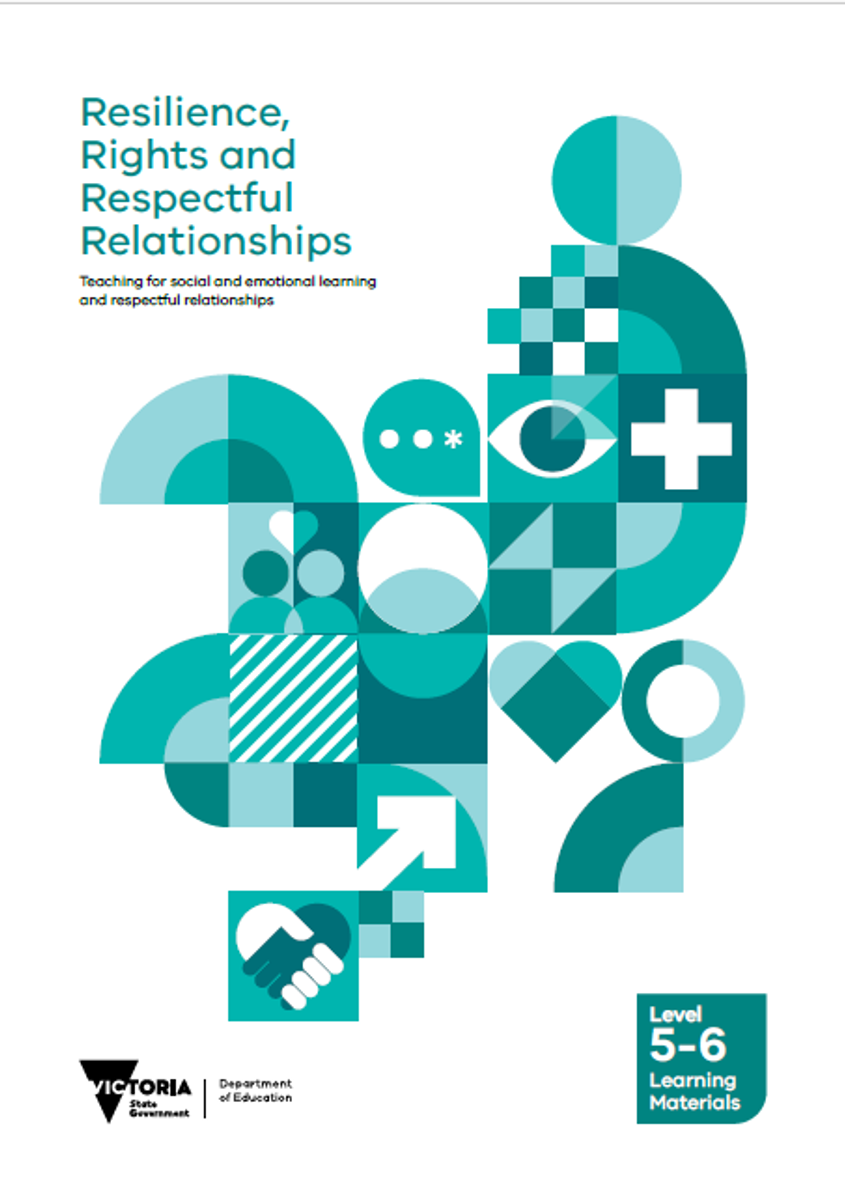Respectful Relationships

Respectful Relationships Term 4
Term 4, we continue to embed the Rights, Resilience and Respectful Relationships (RRRR) curriculum across our school. The program helps students build the knowledge, skills and attitudes needed to develop healthy relationships, manage emotions, and show empathy and respect for others.
At Karoo, Respectful Relationships is closely connected to our school values of Kindness, Personal Excellence and Tenacity. When students practise kindness, they learn how to treat others with care and respect. By striving for personal excellence, they set high expectations for themselves in how they act and how they contribute to our school community. With tenacity, they build the resilience to face challenges, resolve conflict, and grow stronger through each learning experience.
Together, these values and the Respectful Relationships curriculum provide a strong foundation for the way we learn, play and care for one another at school.
RRRR information available on the Arc platform. Please scan the QR code above.
In the classroom
Resilience, Rights and Respectful Relationships (RRRR) in the classroom across each year level for weeks 1 and 2:
Foundation - Topic 7 – Gender Norms and Stereotypes
Year 1 - Topic 8 - Postive Gender Relationship (Swimming weeks 1 & 2)
Year 2 - Topic 3 – Positive Coping (Swimming weeks 1 & 2)
Year 3 - Topic 8 - Postive Gender Relationship
Year 4 - Topic 8 - Postive Gender Relationship
Year 5 - Topic 3 - Positive Coping
Year 6 - Topic 6 - Help Seeking
Respectful Relationship Myths
Myth: Respectful Relationships teaches radical gender theory
Fact: Respectful Relationships does not teach radical gender theory. It is a primary prevention initiative to reduce family violence.
Respectful Relationships promotes respect and gender equality and helps students learn how to build healthy relationships. It prepares students to face challenges by developing problem-solving skills and building resilience and confidence.
Schools involved in the Respectful Relationships initiative are building a culture of respect and gender equality, by looking at their practices and policies to drive meaningful change.
The Victorian Royal Commission into Family Violence recommended Respectful Relationships be introduced to all government schools (Recommendation 189). Evidence presented to the commission showed that family violence is the most pervasive form of violence perpetrated against women in Victoria.
Myth: Education cannot solve the problem of family violence
Fact: Respectful Relationships isn’t intended to be the whole solution to addressing family violence, but it is an important primary prevention initiative.
Just like other major social and health issues such as smoking and road tolls, evidence shows that gender-based violence can be prevented by working with the whole population, and in this case, all schools, to address the attitudes, beliefs and knowledge that supports the prevention of violence.
Studies show that school-based violence prevention and Respectful Relationship initiatives can produce lasting changes in attitudes and behaviours.
Respectful Relationships Education in Schools (RREiS) was trialled across 19 schools, reaching 1,700 teachers and 4,000 students. The trial found that the initiative had a positive effect on students’ attitudes, knowledge and skills, as well as, school policies, culture and ethos.

